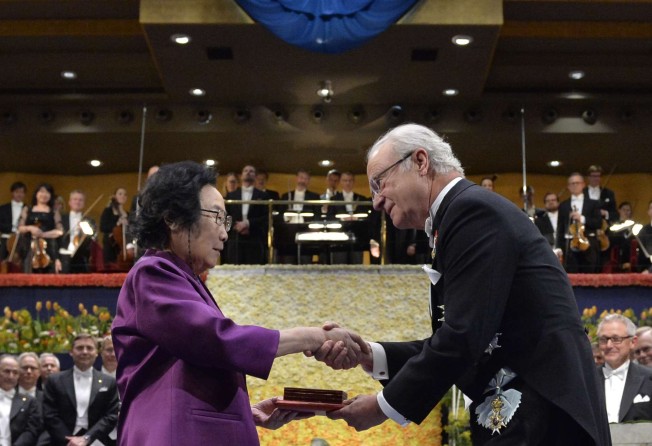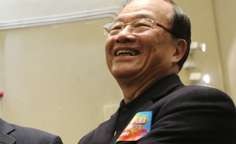Hong Kong’s rigid retirement rules make no sense, as city fails to separate brain from brawn
Philip Yeung says the government has failed to create an enlightened policy, despite a rapidly ageing society and exemplary instances overseas

Age is just a number, they say. But in Hong Kong, it is a sentence to a life of involuntary idleness, thanks to its unsophisticated approach to “ageing”, treating it as an undifferentiated concept, and making no distinction between muscle power and brain power.
This lack of differentiation is wreaking havoc on the judiciary, with a shortfall of judges causing justice to be delayed. The problem is compounded by rigid civil service regulations that forbid judges from joining the private sector after retirement, making judicial appointments financially unattractive to legal practitioners.
In other enlightened societies – Canada for instance – mandatory retirement has been outlawed. Canada has good reason to do so; it has a universal pension plan that must be paid for. Here in Hong Kong, save for civil servants, the government offers retirees no safety net and feels no financial urgency to address involuntary retirement as an issue.
Although Hong Kong is demographically at risk, leading the world in longevity, the government has shown no initiative to tackle the greying of its population. Worse, private-sector attitudes towards mandatory retirement are moulded by public-service rules: take Cathay Pacific’s policy towards flight attendants.
Elite North American universities have no mandatory retirement age. Like US Supreme Court justices, academics serve into their dotage or until death. By contrast, iron-clad rules at the eight publicly funded local universities turf out staff at either 60 or 65. Even the Equal Opportunity Commission is silent on the issue.
Watch: Retired judge throws hat in the ring for chief executive election
Our only concession to age is in politics. Among the current crop of chief executive hopefuls, Woo Kwok-hing is almost 71 and Regina Ip Lau Suk-yee is 66. Others who may join the fray include John Tsang Chun-wah, 65 ; Jasper Tsang Yok-sing, nearly 70; and Carrie Lam Cheng Yuet-ngor, at a youthful 59.
The Chinese are famous for pampering the elderly, but you wouldn’t know it from the way the government handles age. We forget that British novelist Doris Lessing won her Nobel Prize at a ripe old 88, and that Chinese scientist Tu Youyou won hers at 85.
In matters of brain power, rules are made to be bent for extraordinary people, though no one is suggesting that the elderly should get a free ride on the gravy train.
In a rare exception, the inspirational Daniel Tse Chi-wai was invited to serve as the University of Macau’s council chair when he retired as president of Baptist University. He remained chair until the age of 80. I wish the same treatment could be extended to other intellectual greats.
Philip Yeung is a former speechwriter to the president of the Hong Kong University of Science and Technology. [email protected]
